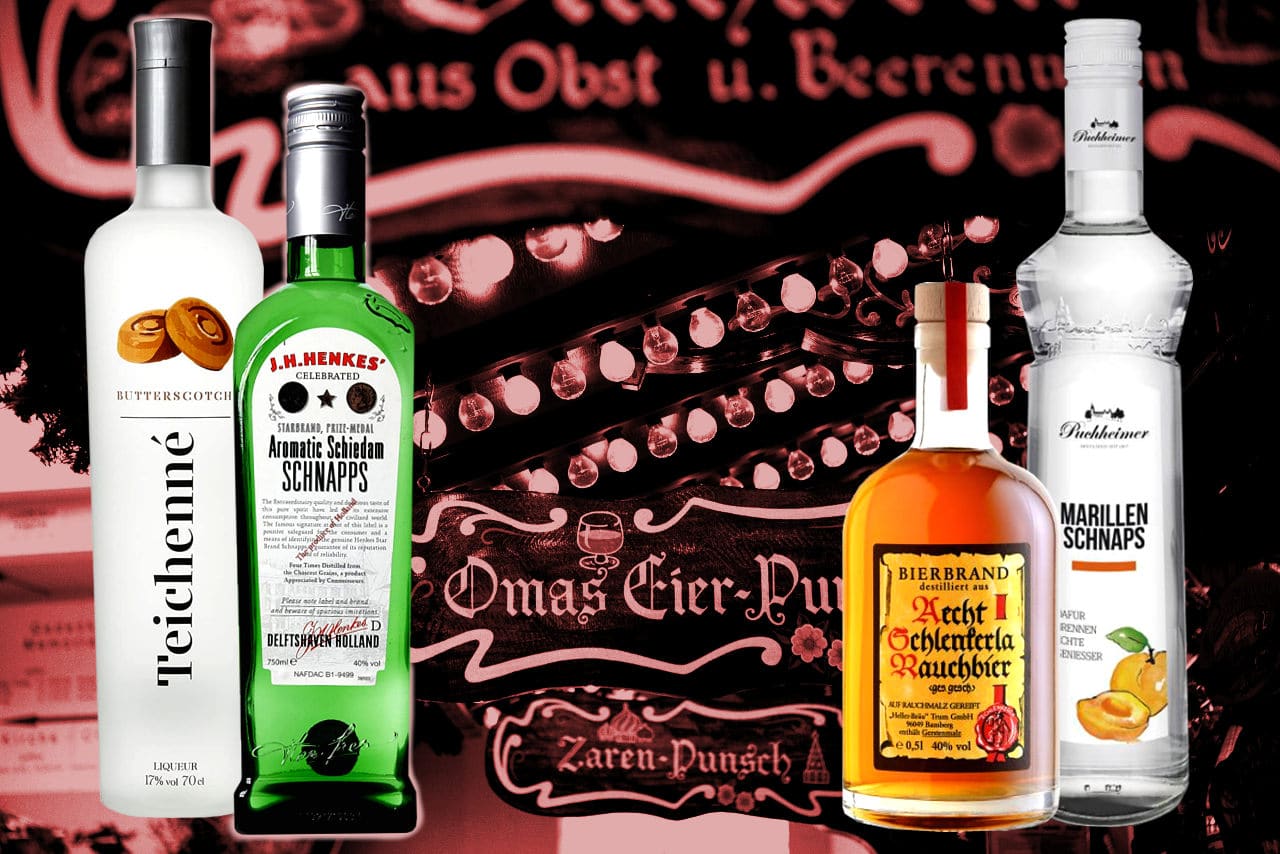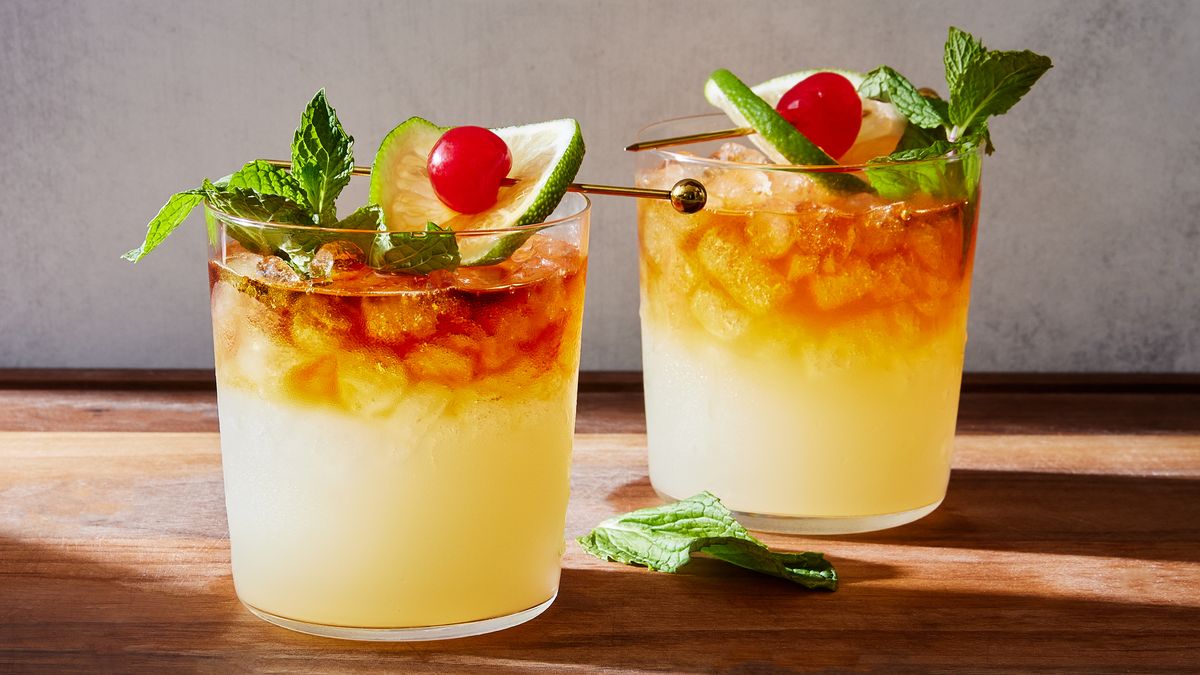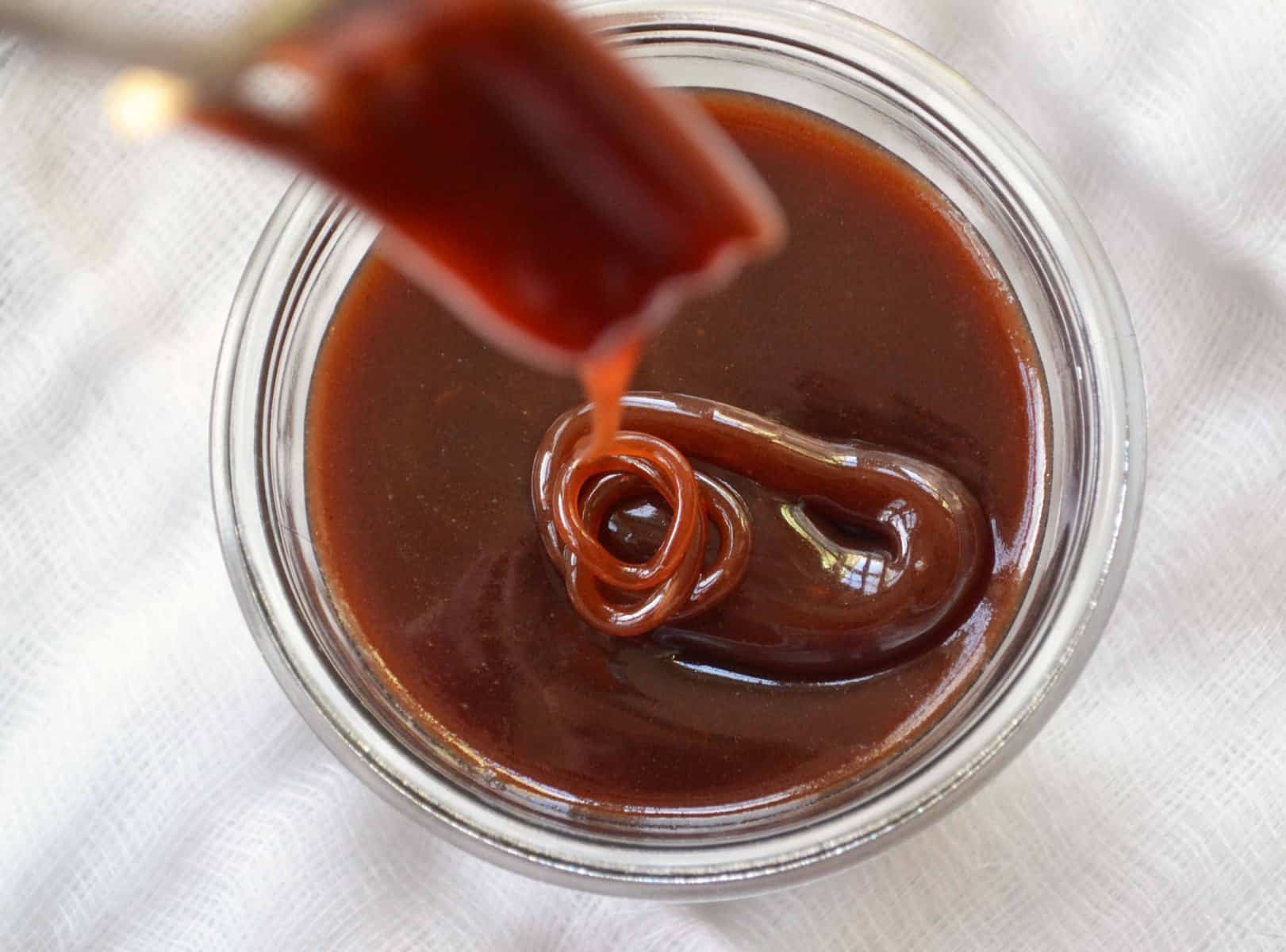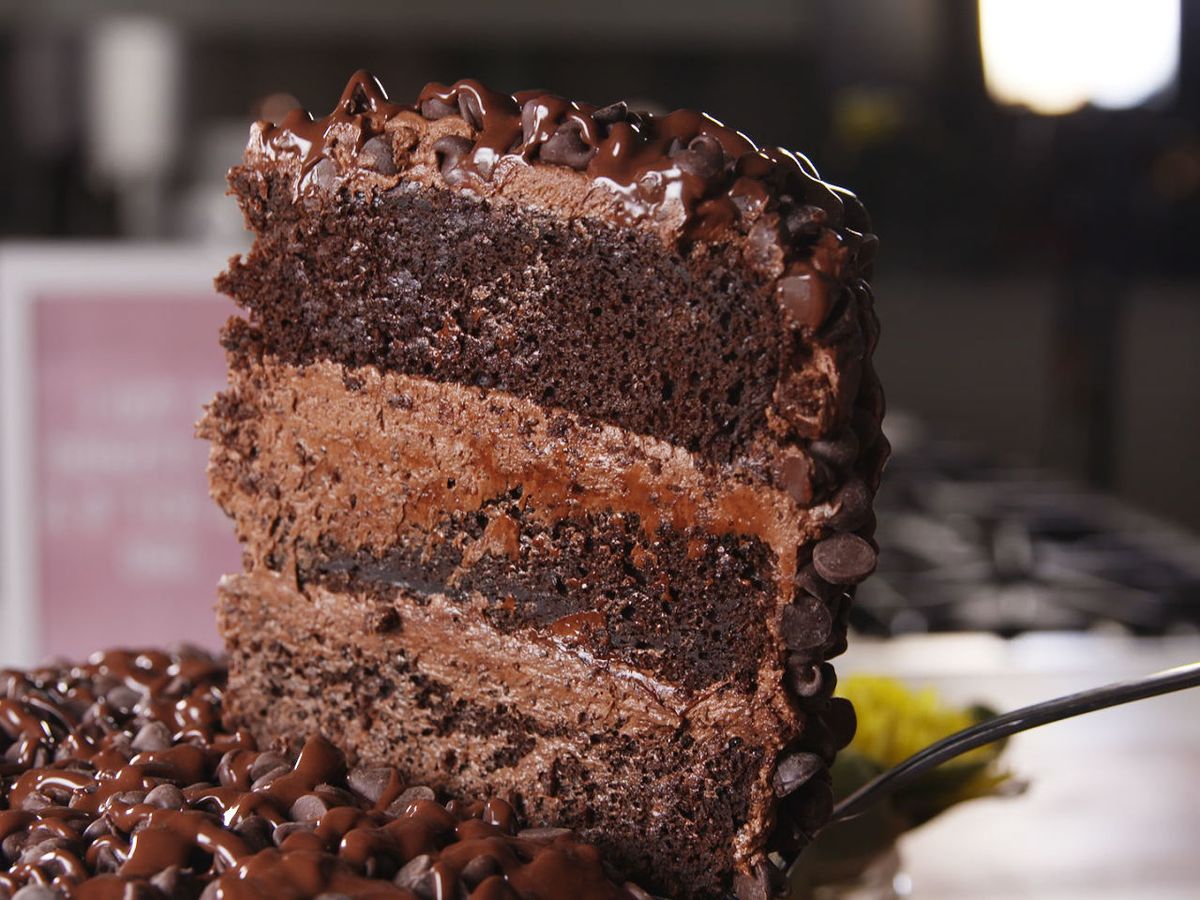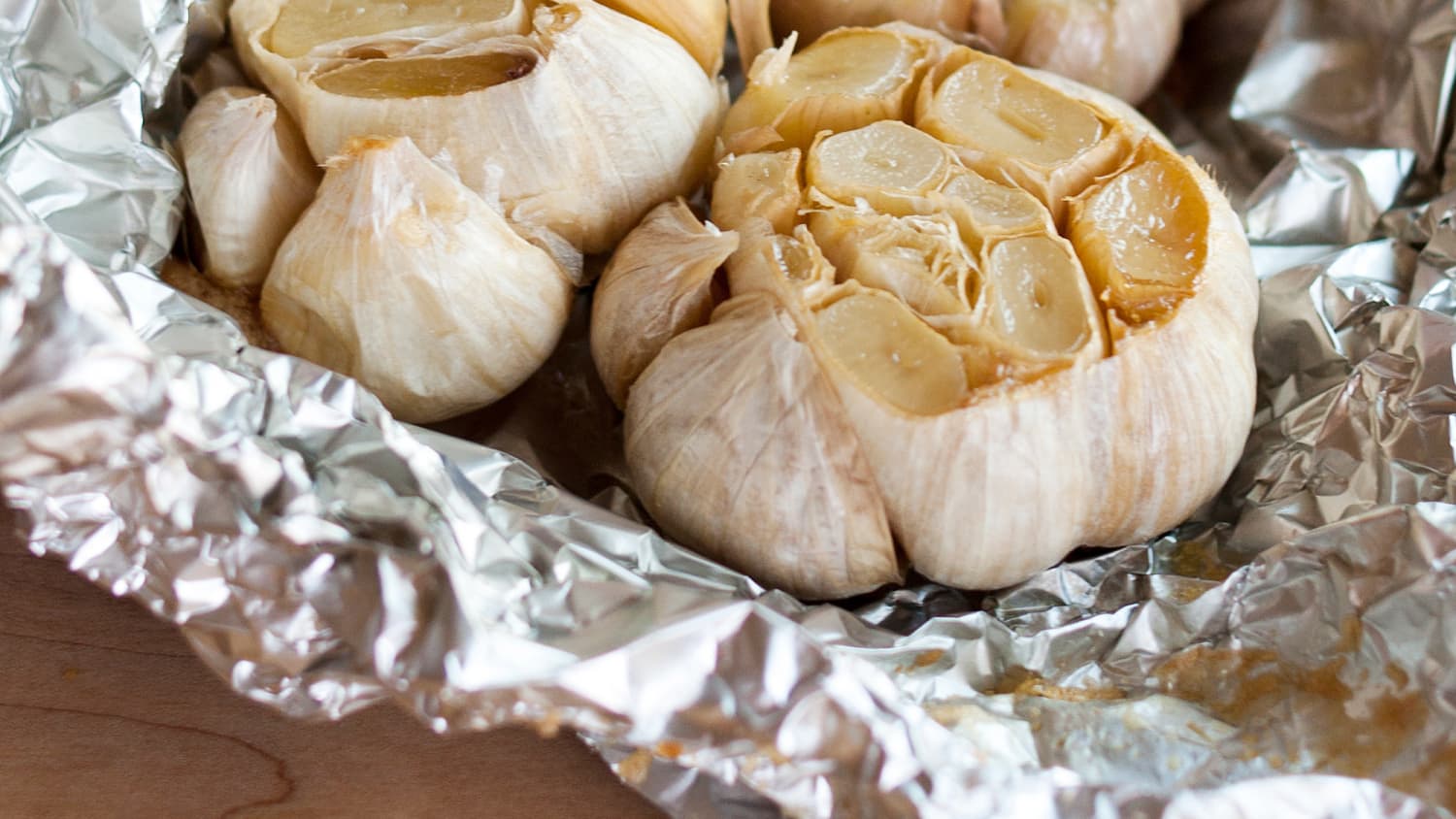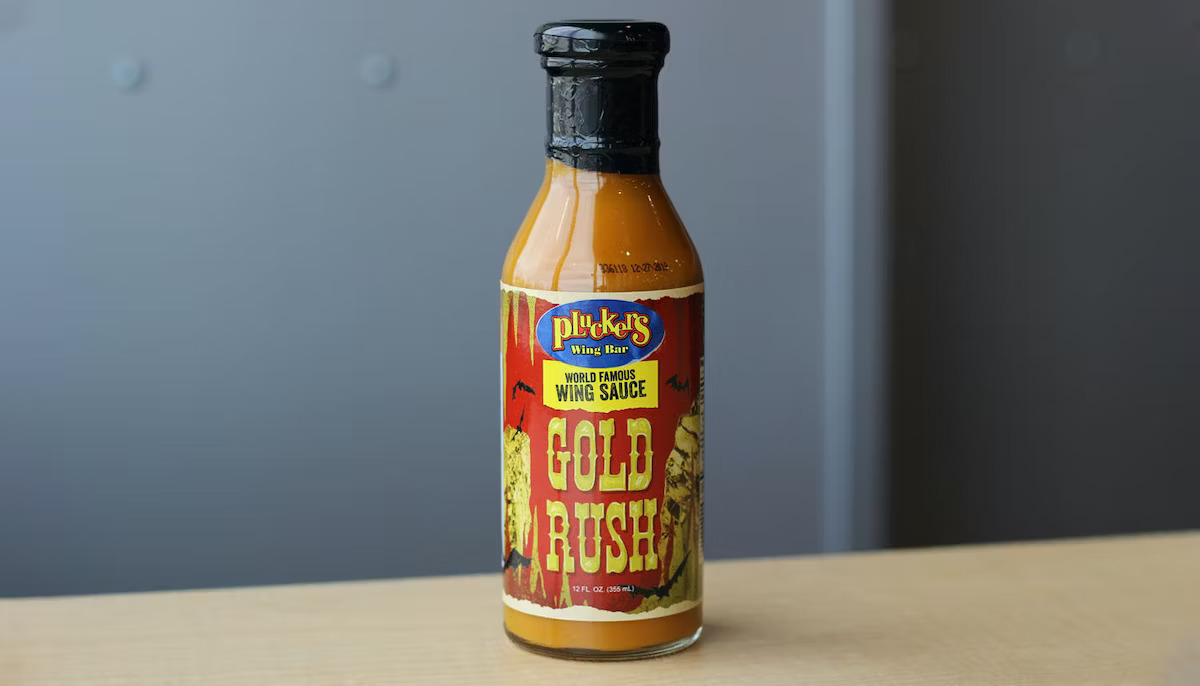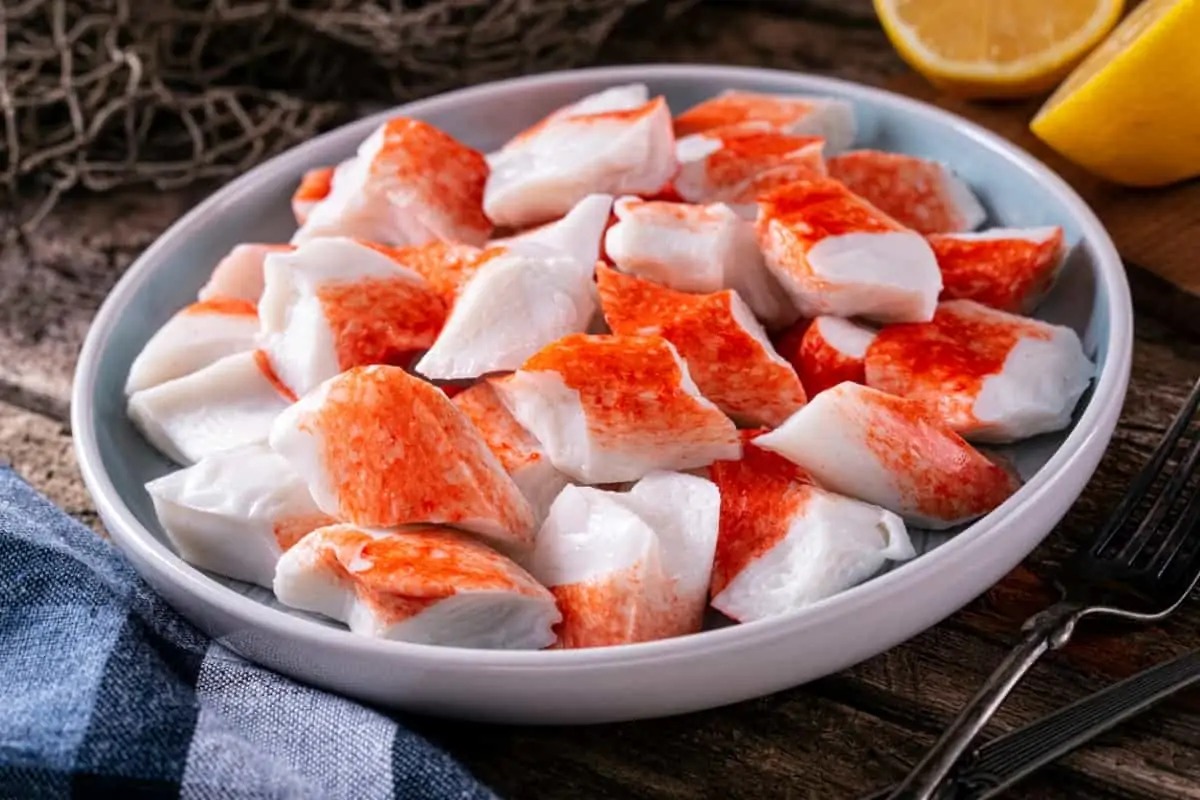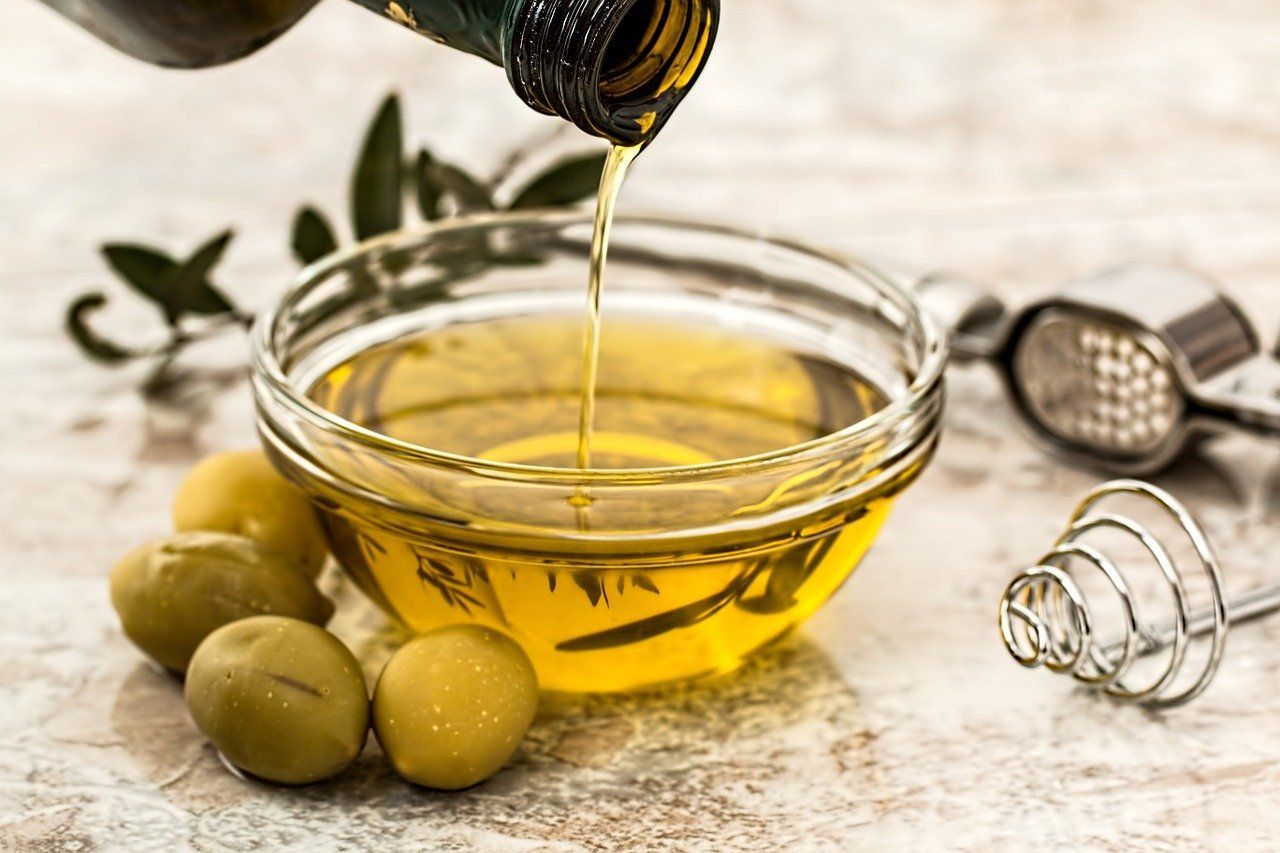When it comes to beverages, there are a wide variety of options available, each with its own unique production process and flavor profile. One type of beverage that has been gaining popularity in recent years is fermented malt beverages. But what exactly are fermented malt beverages, and what sets them apart from other types of drinks? Let's delve into the world of fermented malt beverages to understand what they are and why they have become a popular choice for many consumers.
Understanding Fermented Malt Beverages
Fermented malt beverages are a type of alcoholic beverage that is produced through the fermentation of malted grains, typically barley. The fermentation process involves the conversion of sugars in the malted grains into alcohol and carbon dioxide by yeast. This results in a flavorful and effervescent beverage that is enjoyed by people around the world.
The Production Process
The production of fermented malt beverages begins with the malting of grains, which involves soaking the grains in water to allow them to germinate. Once the grains have germinated, they are dried in a process known as kilning. The dried malted grains are then milled to create a coarse powder known as grist.
The grist is mixed with hot water in a process called mashing, which helps to extract the sugars from the malted grains. The resulting liquid, known as wort, is then boiled and hops are added to impart flavor and aroma to the beverage. After boiling, the wort is cooled and yeast is added to initiate the fermentation process.
During fermentation, the yeast consumes the sugars in the wort, producing alcohol and carbon dioxide as byproducts. The fermentation process can take anywhere from a few days to several weeks, depending on the desired characteristics of the final beverage. Once fermentation is complete, the beverage is typically carbonated and aged before being packaged and distributed to consumers.
Popular Types of Fermented Malt Beverages
Fermented malt beverages come in a variety of styles and flavors, catering to a wide range of consumer preferences. Some popular types of fermented malt beverages include:
-
Beer: Perhaps the most well-known fermented malt beverage, beer comes in a wide range of styles, including lagers, ales, stouts, and IPAs. Each style of beer has its own unique flavor profile, color, and aroma, making it a versatile choice for beer enthusiasts.
-
Malt Liquor: Malt liquor is a type of fermented malt beverage that is typically higher in alcohol content compared to traditional beers. It often has a slightly sweet and malty flavor, making it a popular choice among consumers looking for a stronger beverage.
-
Hard Seltzer: Hard seltzers have surged in popularity in recent years, offering a refreshing and low-calorie alternative to traditional fermented malt beverages. Made by fermenting sugars with yeast, hard seltzers are often flavored with fruits to create a light and bubbly beverage.
Why Are Fermented Malt Beverages Popular?
Fermented malt beverages have become popular for a variety of reasons, including:
-
Diverse Flavors: With a wide range of styles and flavors available, fermented malt beverages offer something for everyone, catering to different taste preferences and occasions.
-
Social Enjoyment: Many people enjoy fermented malt beverages in social settings, whether it's sharing a beer with friends at a bar or enjoying a hard seltzer at a summer gathering.
-
Craftsmanship: The art of brewing fermented malt beverages has a rich history and tradition, with many breweries and beverage companies taking pride in their craftsmanship and unique recipes.
-
Pairing with Food: Fermented malt beverages can be paired with a wide variety of foods, enhancing the dining experience and complementing different flavors and textures.
In Conclusion
Fermented malt beverages are a diverse and enjoyable category of alcoholic beverages that continue to captivate consumers around the world. With their rich history, diverse flavors, and social appeal, it's no wonder that fermented malt beverages have become a popular choice for many people. Whether you're a beer enthusiast, a fan of malt liquor, or someone who enjoys the crispness of a hard seltzer, there's a fermented malt beverage out there for you to savor and enjoy.
Was this page helpful?
Read Next: What Is In Soup Greens Package

